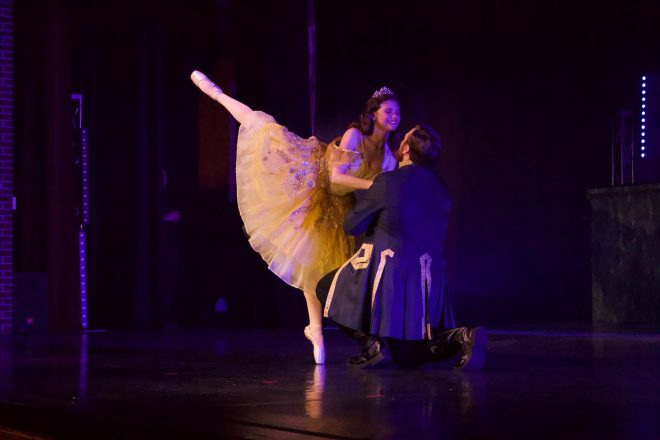Traditional values are disappearing
Published 8:00 am Thursday, August 29, 2019
This won’t come as a shock to anyone over the age of 40, but the values many of us have always viewed as pretty much foundational to the stability and well-being of America are viewed as anything but to our younger generations.
What may come as a shock is the degree to which that precept is manifesting itself.
Thanks mainly to the views of millennials, things such as religion, patriotism, and the need to have children have become anything other than basic high-priority values for our nation, especially when compared to just 20 years ago.
A recent poll conducted by NBC News/Wall Street Journal found that hard work remained a top priority for Americans, but that the value placed on the others mentioned has significantly decreased.
Sixty-one percent of Americans in the new survey listed patriotism as very important to them, a 9-point drop from 1998.
Patriotism is still widely perceived as important by Americans over the age of 55, with 79 percent saying it was very important. But only 42 percent of Americans ages 18 to 38 cited patriotism as a very important value.
Forty-eight percent of Americans cited religion as very important, a huge 14-point decrease from 21 years ago. Younger Americans again drove the decreasing value. Sixty-seven percent of Americans over the age of 55 cited religion or belief in God as very important, compared to just 30 percent of Americans aged 18 to 38.
And, just 43 percent of Americans now say having children is very important, a whopping 16-point decrease from 1998, based on the poll. Only 32 percent of those under 38 years old call having children very important.
Basically, this means that less than half of our younger population view religion, patriotism, and having a family as priorities, and each are clearly sliding backwards in importance.
Interestingly, the survey also indicated that Democrats have changed more than Republicans.
“In fact, the views of Democrats over age 50 were more in line with those of younger Republicans than with younger members of their own party,” Wall Street Journal reporter Chad Day wrote about the poll.
I know the knee-jerk reaction from older Americans will be “those darn young people are ruining everything.”
But I ask those older Americans a simple question — what kind of example have we set for “those darn young people”? Who in fact has raised “those darn young people” to find the value system they now have in their own lives?
Remember, younger generations have always looked to those who have come before them to help define what they do and/or don’t want to be a part of what they embrace in their existence. That’s nothing new.
What is new is that clearly what younger Americans are seeing in older generations overall today is not what they want in their own lives.
Regarding families, based on what those young people have observed from older Americans, why would they be even remotely interesting in starting one? After all, it is our older Americans — not young — who progressively devalued the institution of marriage to the point where nearly half of all American marriages ended in divorce. They have lived the results of these broken homes.
Thanks to “those darn young people,” the divorce rate in the United States has dropped about 20 percent over the last 10 or so years. Didn’t know that, did you?
Perhaps they learned what not to do from their more ‘learned’ mentors, eh?
Regarding religion, again, based on their observations of older Americans, why would young people be excited about committing themselves to a church? Seems way too many churches spend way too much time either a) backbiting and gossiping about everyone in the congregation, and/or b) chopping away at the other denominations because they are “different.”
Seems at some point along the way the churches forgot they are all different position players working under one head coach and began believing their individual role on the team was “better” than the other players.
This poll doesn’t ask about spirituality, meaning a pathway to God that doesn’t necessarily go through any particular church. In my observations, more young people today are seeking God than older ones overall —they just don’t feel they need a church to find Him.
And then patriotism. Again, I ask older Americans — what example have we set? Young people look at this nation and see dysfunction and division at every level. Politicians bicker and spit at each other and pledge to do everything they can to bring down the “other” side, clearly having forgotten that without the left and right wings working together a bird stands no chance of flying.
They are raised in families that don’t talk about family anymore and then bombarded from every side about what is wrong with America while hardly ever shown anything regarding what is right — and we older folks have the audacity to question why they wouldn’t be patriotic? Maybe the question should be just what is left of America have we’ve given them of which they should be proud?
Too many older Americans talk an impressive talk, but then fumble the ball when it comes to walking the walk. Just as all that have come before and will come after, young people don’t want to be told what to do – they want to be shown.
In other words, older Americans, if we want to know who to blame for the views of “those darn young people,” we’ll find our answer looking back at us in the nearest mirror.





